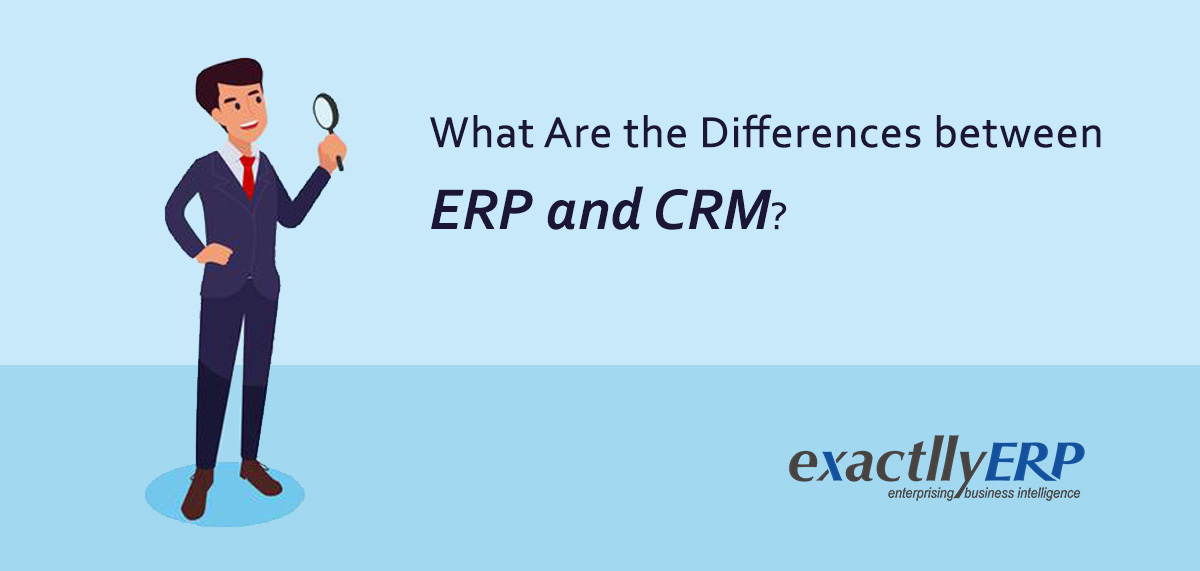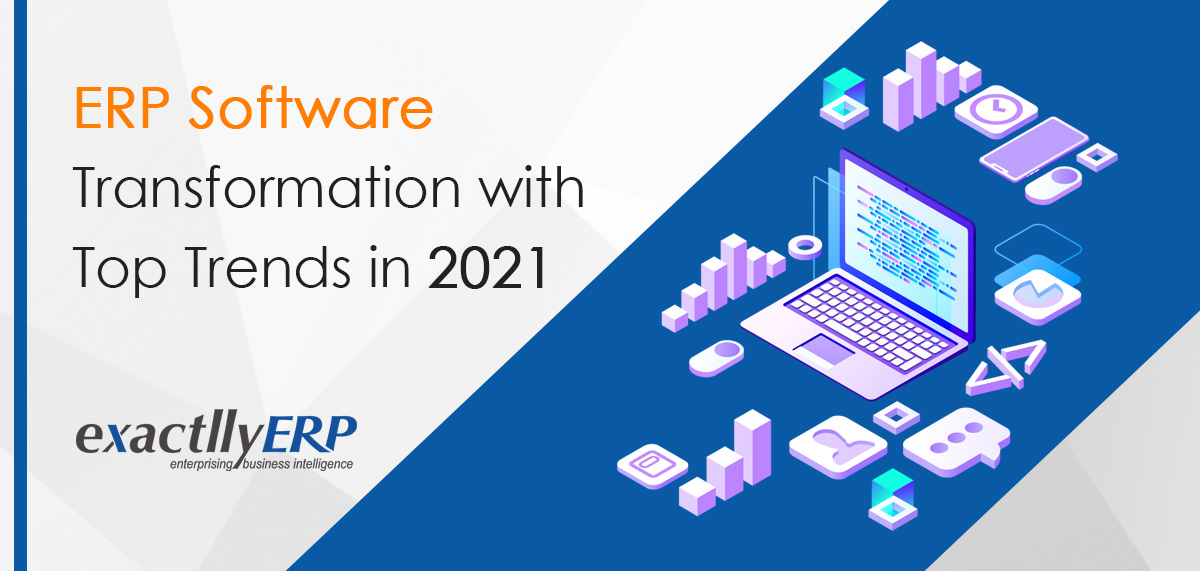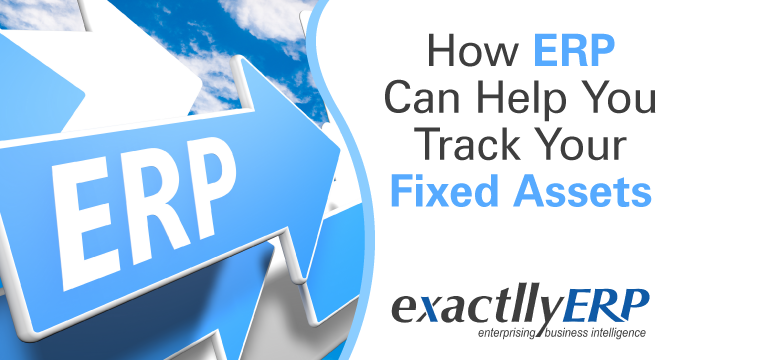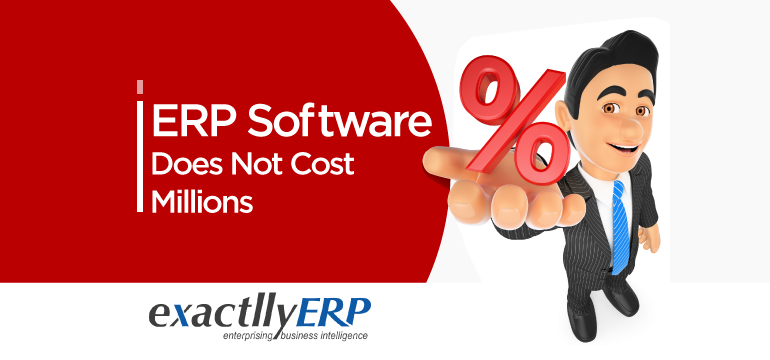How to Use ERP Successfully for Your Non-Profit Organization
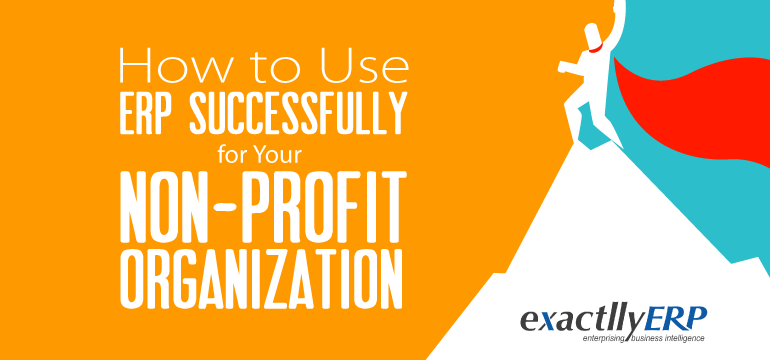
Nonprofit Organization:
A nonprofit organization comes with the same kinds of requirements as a for-profit organization. However, there are many differences between the two. Firstly, a nonprofit is less inclined to boost profits, and it needn’t even be said. Secondly, it needs to manage all its day-to-day administration at a lower cost than for-profit organizations. Thirdly, a nonprofit has the additional burden of having to do too many things with very few resources available.
With all that in mind, a robust ERP will help to cut costs, automate most administration-related work and finally, keep track of all the data that might lead to more donations and fundraising and also, to run the non-profit as efficiently as possible. In order to ensure the success of an ERP implementation at a non-profit, you need to bear certain things in mind.
Analyze your Requirements:
Whether you are a small or a big organization, understand why you have decided to implement ERP. Consult with other nonprofit organizations and ask questions about how they have used ERP and how it has helped them. Make a list of questions to ask your ERP consultant. Most ERP consultants do know what nonprofits need and will be able to help you while making a decision.
Plan well ahead in Time:
An ERP should not be installed or implemented on a whim. There must be much consideration and forethought before exercising such a major decision. Thus, make sure that you spend a lot of time thinking about the ramifications of implementing an ERP. Most ERP implementations that fail are mostly because of haphazard planning and chaos. When you go ahead in a well planned manner, ERP usually is very successful and effective.
Train your staff:
Most organizations spend a lot of money on ERP. ERP comes with a lot of demands and your staff needs to know how to use it well. Thus, training is an important aspect of ERP implementation. Depending on the number of your staff who will actually use the ERP, your training costs may differ. Some ERP agencies offer training along with implementation. If they do not, make sure to ask if they have a training module to offer to your staff.
Fine-tune your Implementation:
Once your staff is trained and the ERP is installed, you need to make sure your implementation is fine-tuned. Ask your staff how they feel when they use the ERP and if they feel something is not working well. If that is the case, you could ask your agency to make certain customizations to help you use the ERP better. At the end of the day, your ERP should serve your purpose and you should be able to use it to increase productivity.
Final Thoughts:
A nonprofit organization requires ERP more than any other organization. Considering how important cost-cutting and saving money is for nonprofits, an ERP will help reduce costs by way of automating most tasks. This is very crucial and important when it comes to ensuring the long term success of an NGO.
If you feel you are lost when it comes to making decisions about ERP, you can always choose to speak to an ERP consultant who has experience working with nonprofit organizations. With careful planning and implementation, you can ensure that your ERP decisions will lead you towards success. exactllyERP is one of the most advanced ERPs present in the industry. To know more about exactllyERP, feel free to Contact Us and get a Free Demo.

